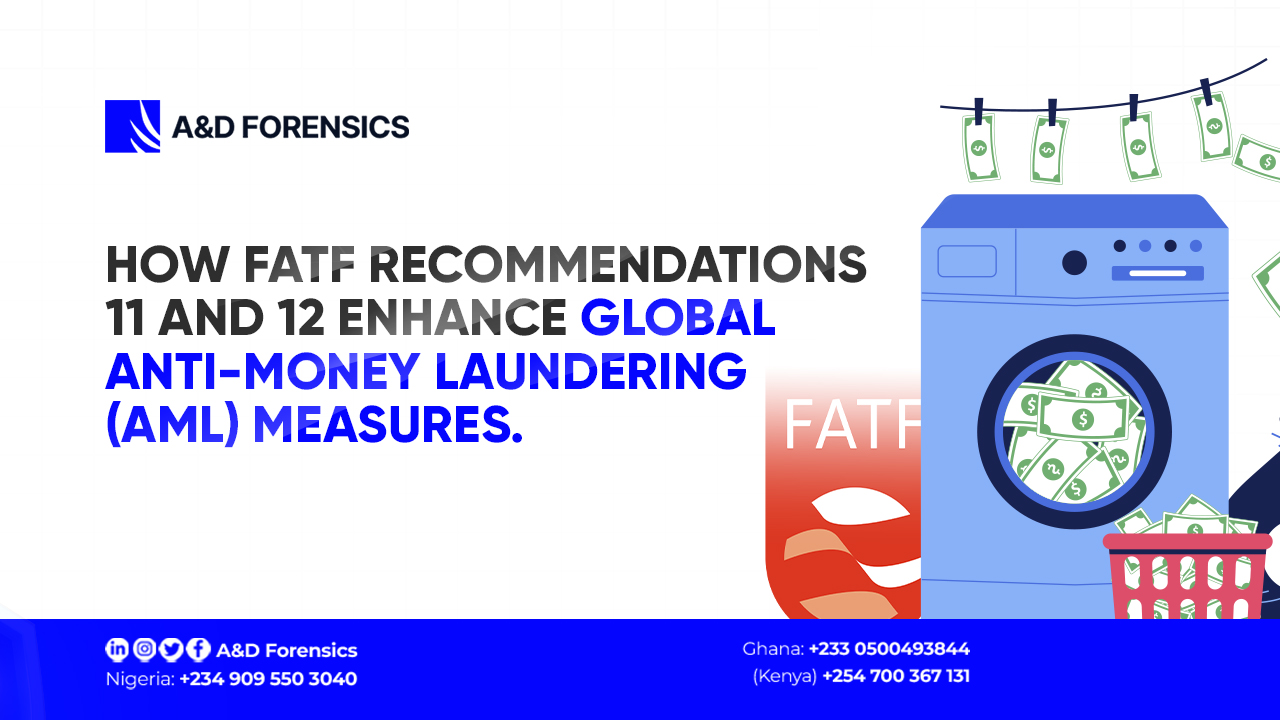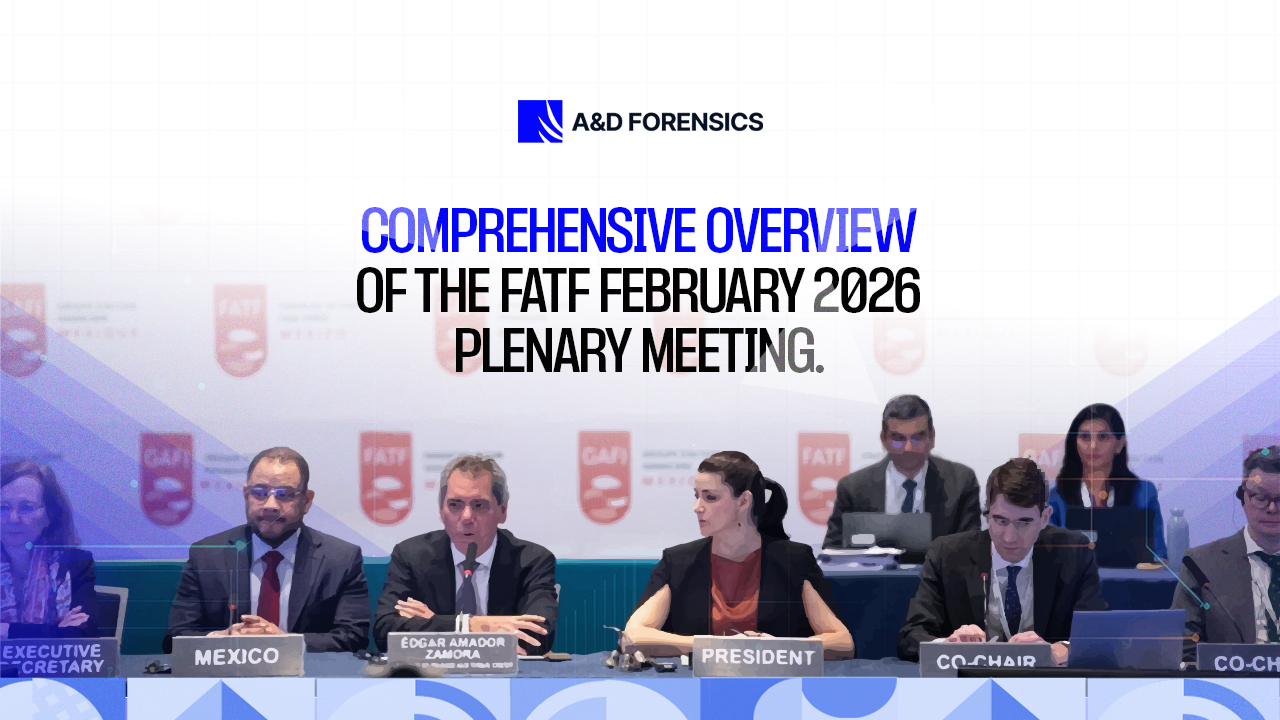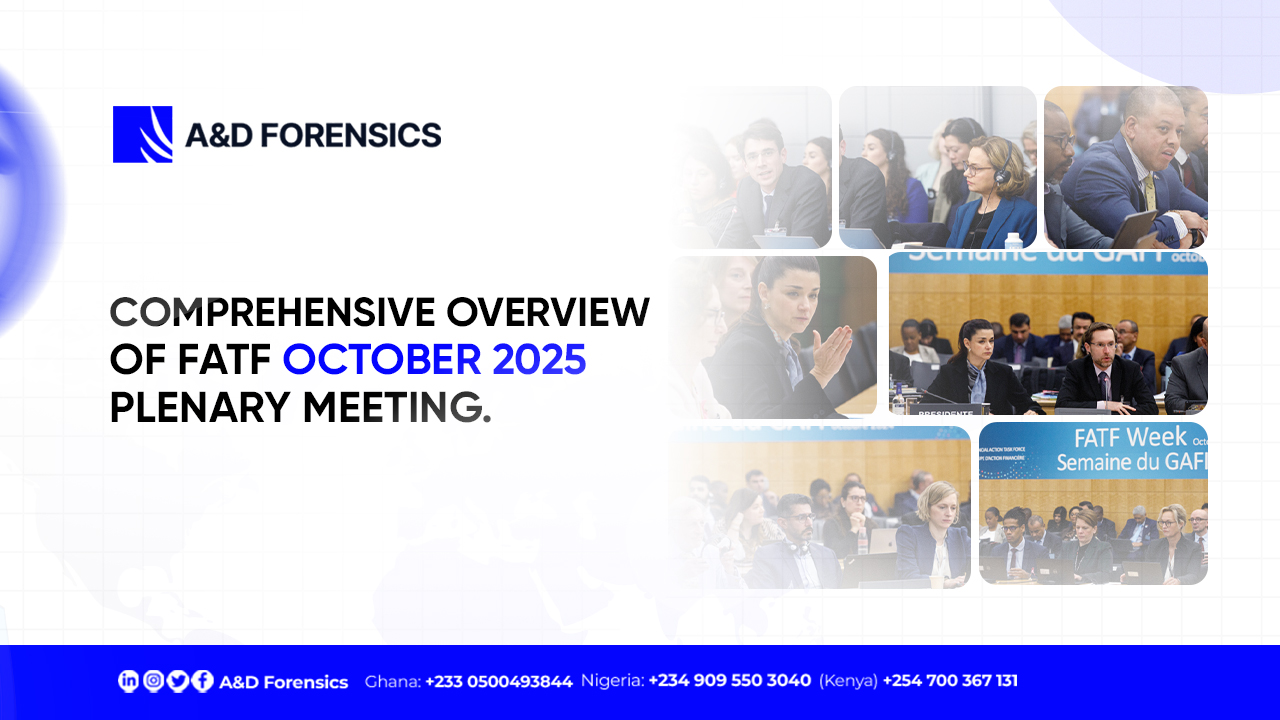The Financial Action Task Force (FATF) is the global standard-setter for combating money laundering, terrorist financing, and the financing of weapons of mass destruction. Among its 40 FATF Recommendation, FATF Recommendation 11 and FATF Recommendation 12 focus specifically on ensuring that financial institutions maintain robust records and monitor high-risk customers effectively. Together, they form a crucial part of the global anti-money laundering (AML) framework. Let’s explore how these two recommendations contribute to the fight against financial crime.
FATF Recommendation 11: Record-Keeping
FATF Recommendation 11 requires financial institutions and designated non-financial businesses and professions (DNFBPs) to maintain all necessary records on transactions and customer information for at least five years. This includes records of both domestic and international transactions, enabling them to respond promptly to information requests from competent authorities. These records must be sufficient to permit the reconstruction of individual transactions (including the amounts and types of currency involved, if any), to provide, if necessary, evidence for the prosecution of criminal activity.
How FATF Recommendation 11 Aids Anti Money Laundering
- Traceability: Record-keeping ensures that authorities can reconstruct individual transactions if needed during investigations. This traceability is essential for following the money trail in cases of money laundering, terrorist financing, and related crimes.
- Customer Profile Maintenance: By retaining customer identification data, institutions can verify that clients are who they claim to be — even years after the business relationship has ended.
- Enabling Investigations and Prosecutions: Law enforcement and prosecutors rely heavily on historical transaction records to build cases against money launderers. If institutions failed to keep adequate records, critical evidence could be lost.
- Compliance Demonstration: Maintaining proper records allows businesses to demonstrate to regulators that they have adhered to AML obligations, avoiding penalties and reputational damage.
Key Requirements of FATF Recommendation 11
- Keep transaction records sufficient to permit reconstruction.
- Retain all documents obtained through customer due diligence (CDD).
- Maintain records for a minimum of five years.
FATF Recommendation 12: Politically Exposed Persons (PEPs).
Recommendation 12 requires financial institutions to apply enhanced due diligence (EDD) measures to politically exposed persons (PEPs), their family members, and close associates. PEPs are individuals entrusted with prominent public functions who may present higher risks for potential involvement in bribery, corruption, and money laundering.
How FATF Recommendation 12 Aids Anti Money Laundering.
- Higher Scrutiny for Higher Risk: PEPs are more likely to be targeted for corruption or may misuse their position for illicit gains. Enhanced monitoring ensures that unusual or suspicious transactions involving PEPs are detected early.
- Prevention of Abuse of the Financial System: By imposing stricter requirements for PEPs, the financial sector becomes less attractive for corrupt individuals trying to conceal proceeds of crime.
- Transparency and Accountability: Monitoring the financial activities of PEPs promotes accountability and discourages the misuse of political influence for personal gain.
- International Cooperation: Since PEPs often have cross-border activities, applying consistent EDD measures across jurisdictions facilitates international investigations and asset recovery efforts.
Key Requirements of FATF Recommendation 12.
- Have risk management systems to identify PEPs.
- Obtain senior management approval to establish or continue business relationships with PEPs.
- Take reasonable measures to establish the source of wealth and source of funds.
- Conduct enhanced ongoing monitoring of the relationship.
Best Practices for Compliance with FATF Recommendation 11 and 12.
- Invest in robust customer screening systems and PEP databases.
- Establish clear internal policies for record retention and destruction.
- Regularly train staff on recognizing and handling PEP-related risks.
- Balance data protection obligations with regulatory requirements.
- Engage in public-private partnerships to identify PEPs and improve transparency.
Conclusion
FATF Recommendation 11 and 12 play a vital role in creating a transparent and accountable financial ecosystem. By ensuring that institutions maintain comprehensive records and carefully assess the risks posed by politically exposed persons, these recommendations help authorities detect, investigate, and prevent money laundering and corruption more effectively.
For financial institutions and compliance officers, a deep understanding and diligent implementation of these recommendations are not just regulatory requirements, they are essential practices in safeguarding the integrity of the global financial system.
Explore FATF Recommendation 1 to 10 in our previous blog:
FATF Recommendation 3 and 4
FATF Recommendation 5 and 6
Contributor: Ibrahim Anuoluwapo Azeez






